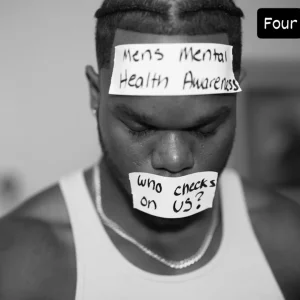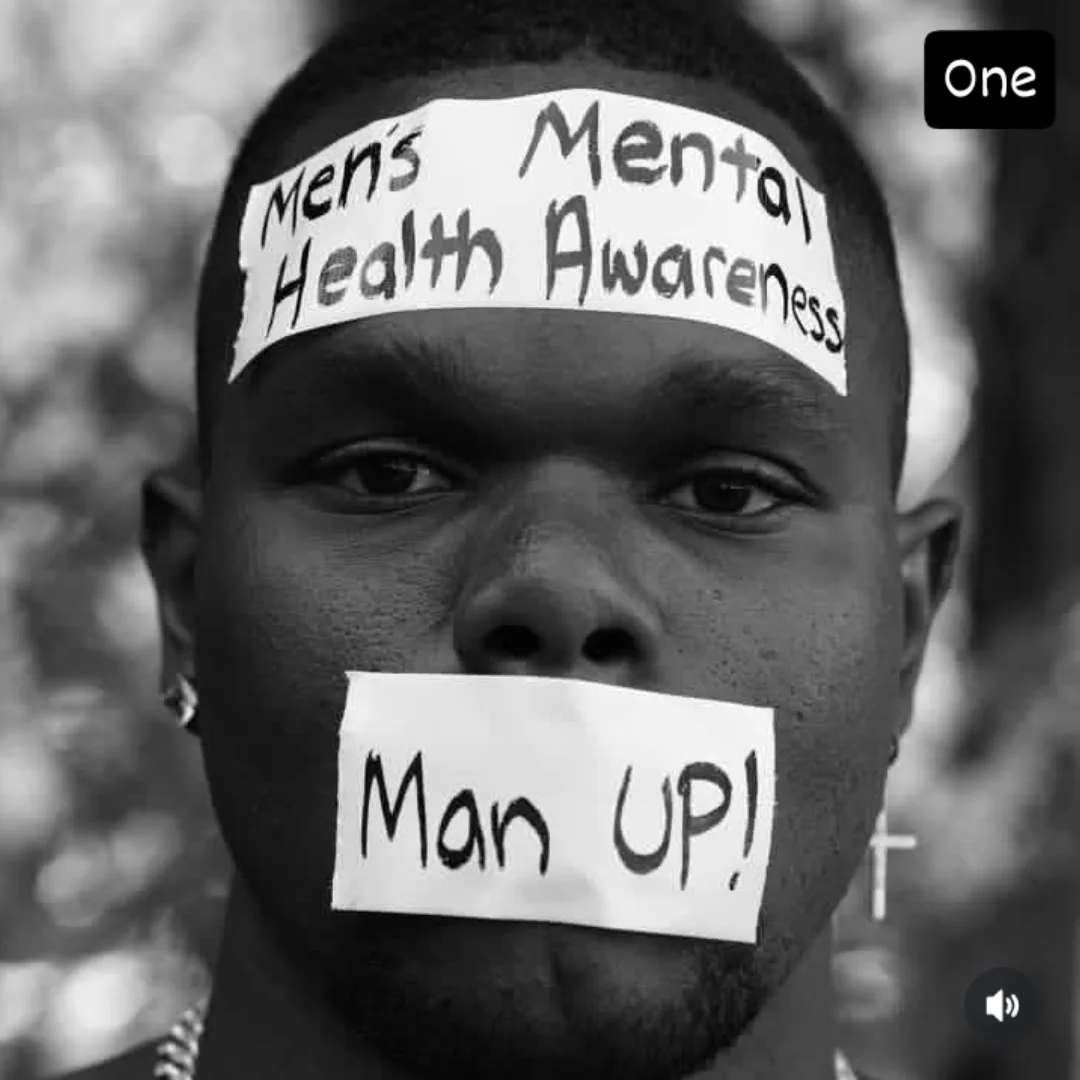More men are told to “grin and bear it,” “man up,” and “don’t show weakness!” It is not that we’re not compassionate to those around us, but expectations are placed on us with a staggering mental health impact: while 1 in 10 will battle with depression or anxiety, fewer than half will ever go for help. Suicide is still the most common cause of death for men under 50 in many countries. SHP Initiative is trying to tackle stigma and provide men with science-based tools to help them with their mental health. It’s time to change the narrative – silence is not strength; strength is taking the brave action of healing.
Why the Situation of Men’s Mental Health Is Vastly Underappreciated
1. Stigma: 60% of men say societal pressure prevents them from discussing mental health.
2. Underreporting: Men are 3x less likely than women to seek therapy.
3. High-Risk Coping: Alcohol misuse, aggression, or overworking mask underlying pain.
4. Physical Symptoms: Depression in men often manifests as headaches, anger, insomnia, or reckless behavior—not sadness.
5 Barriers Men Face (and How to Overcome Them)
1. “Asking for Help Is Weakness”
Reframe: Seeking support is strategic—like a coach optimizing an athlete’s performance.
2. “I Don’t Have ‘Real’ Problems”
Truth: Mental health struggles aren’t a contest. Your pain is valid.
3. “Therapy Isn’t for Me”
Try: Male-focused support groups, online platforms (e.g., Headstrong, Man Therapy), or action-based therapy (CBT).
4. “I’ll Burden Others”
Fact: Vulnerability deepens connections. People want to support you.
5. “I Can Handle It Alone”
Science: Isolation worsens stress. Social support cuts depression risk by 50%.

Actionable Strategies for Mental Wellness
1. Redefine Strength
Strength is honesty, not silence. Start small: Text a friend, “Had a rough day—can we talk?”
2. Leverage “Sideways” Communication
– Many men bond through shared activities, not face-to-face chats. Try:
– Talking while hiking, fishing, or working on a project.
– Joining clubs (sports, volunteering, gaming) to build community.
3. Prioritize Physical Health
– Exercise reduces anxiety by 25% (lifting weights releases aggression constructively).
– Sleep 7–9 hours—poor sleep quadruples depression risk.
4. Identify Your Emotional Language
– Can’t articulate feelings? Use metaphors:
“My mind feels like a browser with 100 tabs open.”
“I’m stuck in quicksand.”
5. Professional Support Tailored to Men
– Look for therapists specializing in:
Male identity issues, Anger management, and Trauma (combat, accidents, loss)
5 Warning Signs You Can’t Ignore
1. Irritability: Snapping over small things.
2. Numbing: Excess drinking, gaming, or porn.
3. Withdrawal: Canceling plans, avoiding calls.
4. Physical Pain: Unexplained backaches, digestive issues.
5. Risky Behavior: Reckless driving, fights, unprotected sex.
How Allies Can Help
1. Listen Without Fixing: Say, “That sounds tough. I’m here.”
2. Challenge Stereotypes: Call out jokes like, “Men don’t cry.”
3. Share Your Story: Normalize struggles. Example: “I saw a therapist after my divorce—best decision ever.”
Your mental health isn’t a liability; it’s the foundation of your strength, relationships, and purpose. Ignoring pain doesn’t make you tough; addressing it does. At SHP Initiative, we stand with men who choose resilience over silence. Your journey matters. Start today.

Promise chukwuemeka
June 11, 2025Thank you for sharing this important conversation about men’s mental health. It’s crucial we break the stigma and encourage open discussions. Your words can help someone feel less alone and more empowered to seek support.
Promise chukwuemeka
June 11, 2025Thanks for speaking up about men’s mental health! It’s super important we normalize talking about our feelings and struggles. You’re helping create a space where guys can feel comfortable opening up and seeking help when needed 💪🏽💕